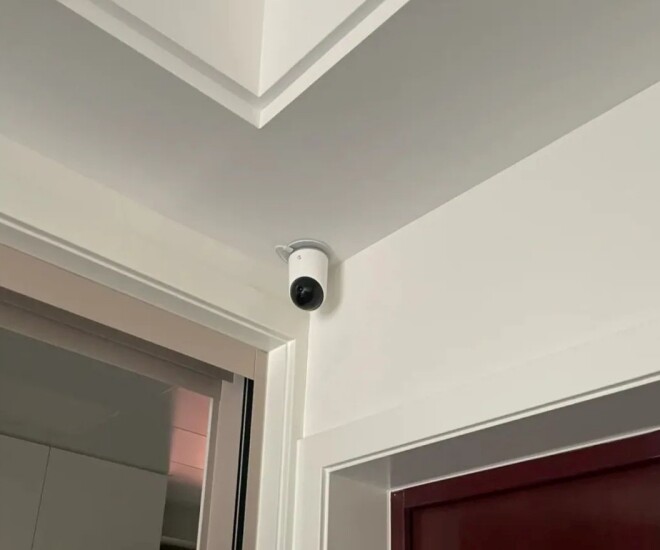
Why Some People Advise Against Installing Indoor Cameras
1. Privacy Concerns: Your Life Could Be “Live-Streamed”
You might think that installing an indoor camera is harmless since you’re monitoring your own home. However, the reality can be much harsher. Once a surveillance device is hacked, your life could become a “24/7 live show,” with no privacy whatsoever.
Hackers can use technical tricks to gain control of your camera. Every action, word, and even the most intimate moments of your life can be watched and listened to.
What’s even scarier is that this sensitive information could be sold on the dark web, becoming a tool for criminals to profit illegally. Imagine your daily life being watched, discussed, and even maliciously spread by strangers. It’s a terrifying thought.
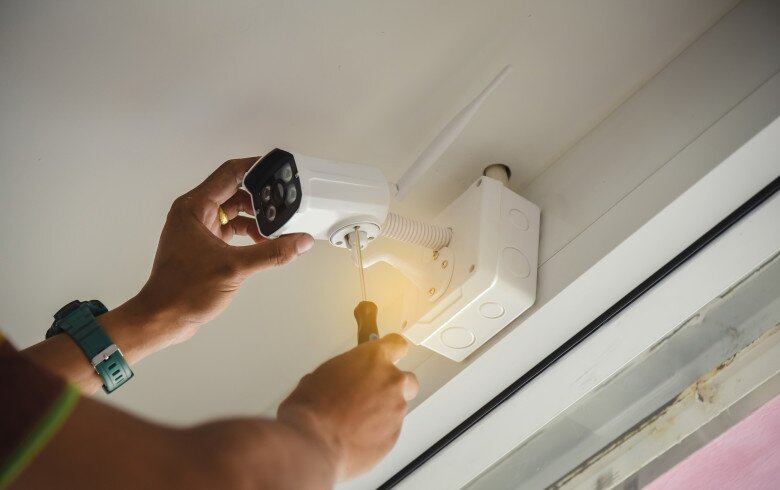
2. Data Security: Your Information Becomes a “Tasty Treat”
Surveillance devices generate vast amounts of data, including video and audio. This data is stored on the device or a cloud server. If there’s a breach in the storage device or the server is hacked, all your data is at risk of leakage.
Not only your private information but also your home address, daily routines, and comings and goings could be exposed. If this falls into the wrong hands, it can be used for criminal activities such as theft and fraud. In such cases, your home not only loses its sense of safety but also becomes a target for crimes.
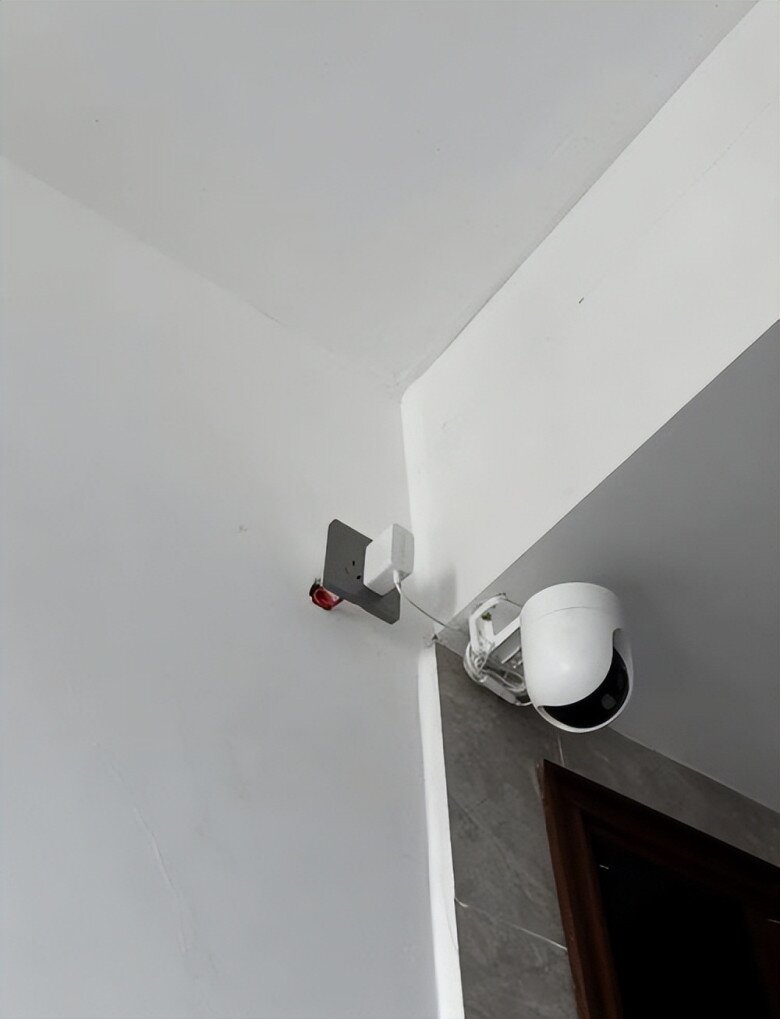
3. Device Quality: Low-Quality Cameras Are Like a “Time Bomb”
The market is flooded with camera brands of varying quality. Some manufacturers, driven by profit, release low-quality devices that pose numerous risks, such as default passwords that are too simple, weak encryption, and vulnerability to attacks.
Buying such devices is like inviting thieves into your home. Not only are they easy to hack, but they also frequently malfunction, leading to interrupted footage, data loss, and failure to serve their protective purpose when you need them the most.

4. Psychological Pressure: The Feeling of Being Watched Is Suffocating
Even if your camera works flawlessly without any risk of hacking or data leakage, living in a space that’s constantly being recorded can take a toll on your mental health.
Your home is meant to be a place of relaxation and privacy. But when you know that every move is being captured, you’ll inevitably feel restrained and uncomfortable expressing yourself naturally.
The feeling of being watched can cause stress and affect the relationships between family members. This is especially true for households with elderly individuals or children, as the constant surveillance may make them feel disrespected and impact their mental well-being.
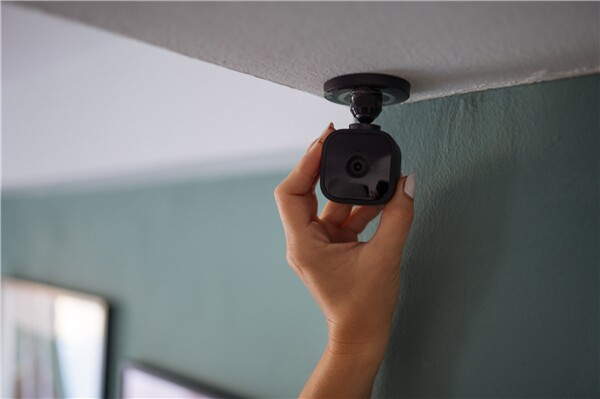
3 Useful Alternatives to Indoor Cameras
1. Smart Door Locks
Smart door locks offer various unlocking methods, including fingerprint recognition, passcodes, and keycards. They are not only convenient but also secure. Some even have alarm features, alerting you to any signs of forced entry and allowing remote unlocking.
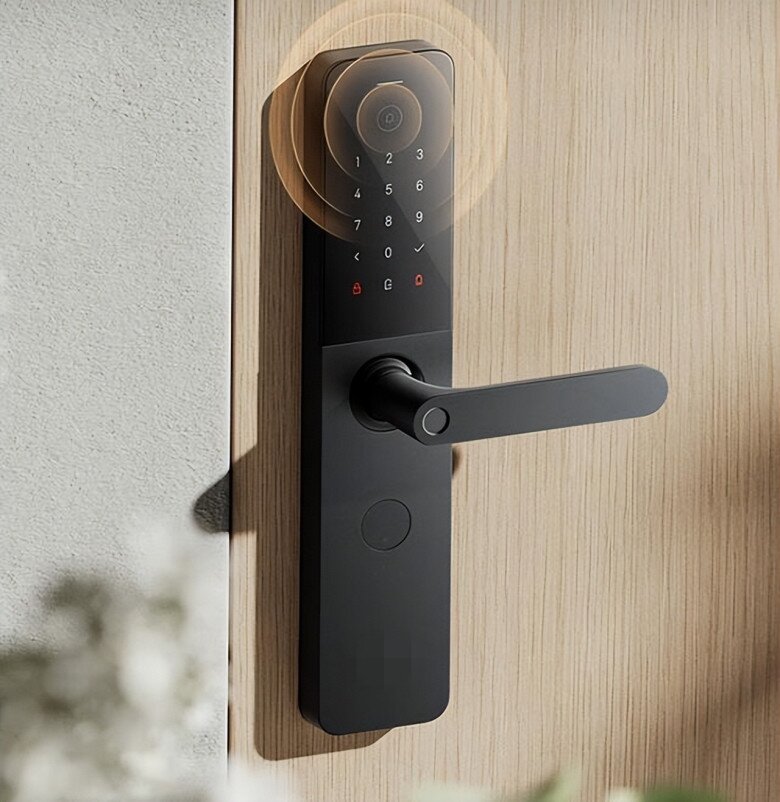
2. Infrared Motion Sensors
Install infrared motion sensors at potential entry points like windows and doors. If an intruder or object enters the sensor’s range, it will trigger a loud alarm, deterring any attempted break-ins.
3. Access Control Systems
These systems can be installed at the entrance of residential areas or buildings. Only authorized individuals can gain access, helping to monitor and control the entry of strangers and enhancing security for the entire community.






























